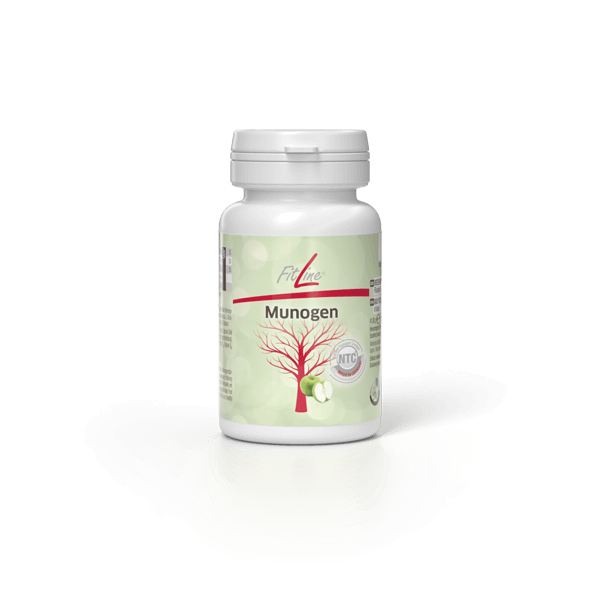Today’s lifestyle can take a toll on our bodies. We work long hours and skip workouts. In a rush to do as much as possible, we resort to a quick lunch of processed or junk food, knowing very well that it will potentially negatively affect us. All of that can contribute to the feeling of heavy legs.
Heavy legs might feel like you’re dragging weights around with your legs, and sometimes it can require great effort to move them at all.
The heaviness or swelling in the legs usually occurs at the end of the day but also when it’s hot outside when you are tired or have been sitting or standing for a while. The feeling of heavy legs is related to poor blood circulation, which occurs when the blood flow from the legs to the heart is impaired.
However, there is a couple of things that you can do yourself to alleviate the discomfort. We also recommend you try our FitLine Munogen, which contributes to normal red blood cell formation and reduction of fatigue.1, 2

6 tips for heavy legs
- Massage your legs in an upward motion to promote blood flow. This can provide relief after long periods of sitting or standing or when it’s hot outside.
- Drink plenty of water. This might sound counterintuitive, but staying hydrated is important.
- Avoid waxing. The heat from waxing can cause redness and inflammation, which can cause the blood vessels to dilate and increase blood flow in the area being waxed.
- Wear loose-fitting clothes. Too tight clothes can affect your blood flow and potentially cause heavy legs.
- Using a cooling gel or cool pads. Cooling your legs can help dilated blood vessels and improve blood flow.
- Elevate your legs. After a day of long sitting or standing, it’ll help if you put your legs up, for instance, on a pillow or against a wall.
Besides the tips mentioned, you can also add particular fruits and vegetables to your diet that can help prevent water retention. Such fruits and vegetables include figs, asparagus, pineapples, artichokes, leek, fennel, celery, cucumber, grapes, and watermelons.
A healthy lifestyle, including regular physical activity and a nutrient-dense diet, can positively affect overall well-being and ultimately improve the condition of heavy legs.
